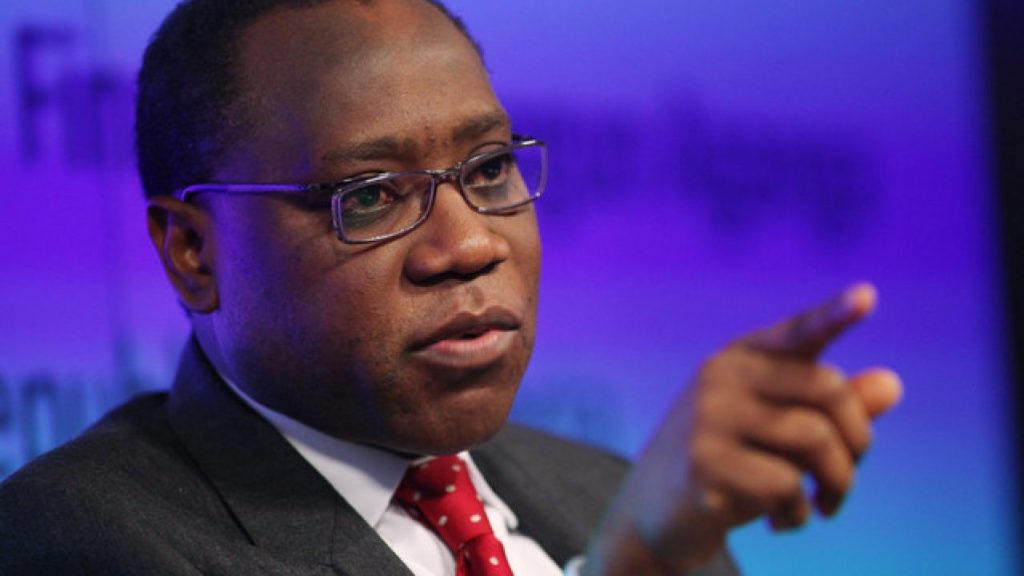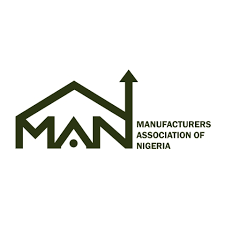
What FG should do to position Nigeria as key player in global economy-Aganga
…Says industrial sector should be declared a national priority

Competitiveness drives productivity and will determine the long term-term prospects of the Nigerian economy as exemplified in the economic growth trajectory of China.

Investors are not in love with China for the sake of it; they go to China because it is cheaper to produce there and they know they can get world-class skills and technology without paying too much.
Those were the submissions of former Minister of Industry, Trade, and Investment, Dr Olusegun Aganga, who also submitted that the manufacturing will play a central role in the realisation of the objectives of the “Africa Agenda 2063” and that of African Continental Free Trade Area (AfCFTA).

The sector, according to the ex-minister, is seen as a key driver of economic transformation and industrialization, capable of generating employment, fostering intra-Intra African trade, technological advancement and reduction in poverty, hence, he therefore , urged President Bola Tinubu to declare the industrial sector a national priority and back it up with plans, policies and funds.
Aganga served first as Nigeria’s Minister of Finance and Chairman Economic Management Team; and then as its Minister of Industry, Trade & Investments
The former minister , who spoke at the Manufacturers Association of Nigeria (MAN) 51st Annual General Meeting and 3rd Adeola Odutola Lecture/Presidential Luncheon on Thursday in Lagos, said “the emphasis in both AfCFTA and Agenda 2063 is not surprising given that the manufacturing sector accounts for about 70 percent of global trade and about 30-35 percent of service jobs are related to the manufacturing sector.”
This ,he said ,presents a unique change for Nigeria as the largest economy in Africa to bolster its manufacturing sector and become a manufacturing hub for Africa.
The theme is “Setting the Agenda for Competitive Manufacturing under the AfCFTA: What Nigeria needs to do”, in which the former minister noted that industry multiplies national wealth, creates jobs, was critical for exchange rate and balance of payment management and would make the Naira stronger.
He assured that every Naira, no matter how large, that was well spent on strategic industrial sectors can be easily recovered and will deliver tremendous benefits to the economy and the nation.
Aganga urged government to address historical, economic, infrastructural, and political challenges that were crucial for increasing intra-African trade to levels comparable to intra-Asia and intra-European trade.
He stated that embracing competitive manufacturing, under the Africa Continental Free Trade Area(AfCFTA), was crucial for Nigeria’s economic growth and integration into the global marketplace.
According to him, Nigeria may not be able to compete with China now, but by investing in infrastructure, innovation, skilled labour, while addressing trade barriers, Nigeria can certainly position itself as the manufacturing hub in Africa.
“The AFCFTA is a landmark agreement that opens up a plethora of opportunities for intra-African trade and economic collaboration.
“Manufacturing plays a central role in the realisation of this agenda and in the modern global economy, industrial development is not luck, it is a nation’s choice.
“In today’s world, the fierce global competition has reduced the likelihood of the spontaneous development of next industry.
“Countries must therefore have an intentional, precise, and intense approach to nurturing and expanding industrial activities.
“This is even more paramount for a country like Nigeria, starting from a relatively low manufacturing base,” he said.
Earlier in his remarks, the President of MAN, Otunba Francis Meshioye, acknowledged President Tinubu’s positive policy decisions and the redirection of the economy starting from his first day in office.
He noted that the journey of the association over past five decades has been one of grow innovation, and resilience, amid undeniably tough challenges.
Meshioye said Nigeria must rise up to the occasion given the promising growth trajectory and development opportunities embedded in the AfCFTA for industrial advancement of Africa.
“Manufacturing sector development is key to industrialisation. Sadly, the growth of industrialization in Nigeria arguably remains at very low ebb.
“Though the manufacturing sector is passing through hard and challenging times, setting a comprehensive and realistic agenda for the sector’s transformation will enhance its competitiveness and unlock its full potentials,” he said.
Responding, Dr Doris Uzoka-Anite, Minister, Industry, Trade and Investment, restated government’s commitment to supporting the real sector via several fiscal and monetary initiatives.
Uzoka-Anite represented by Dr Rabiu Olowo, Director General, Financial Reporting Council of Nigeria, said government was ready to collaborate with manufacturers to enhance the country’s economic competitiveness.
She said to maximise the full potentials of the AfCFTA, government was committed to deploying four imperative initiatives.
“They are combined responsibility of government and manufacturing sector, robust public private partnership particularly area of research and development to enhance the strength of manufacturing.
“The third is supporting Micro, Small and Medium Enterprises (MSME) with capacity and potential for exports and investment in infrastructure and technology and enhancing quality standards for global competitiveness.
“Government is willing to support the establishment of research and development centres across the nation to enhance innovation and manufacturers should be encouraged to create these centres.
“We therefore urge manufacturers to promote regional value chains and industrial clusters particularly with the ongoing efforts to join the second phase of the guided trade initiative.
“Together, we can ensure that Nigeria’s manufacturing sector not only thrives but becomes a global benchmark for manufacturing, contributing to the growth of the continent and the globe,” he said.



